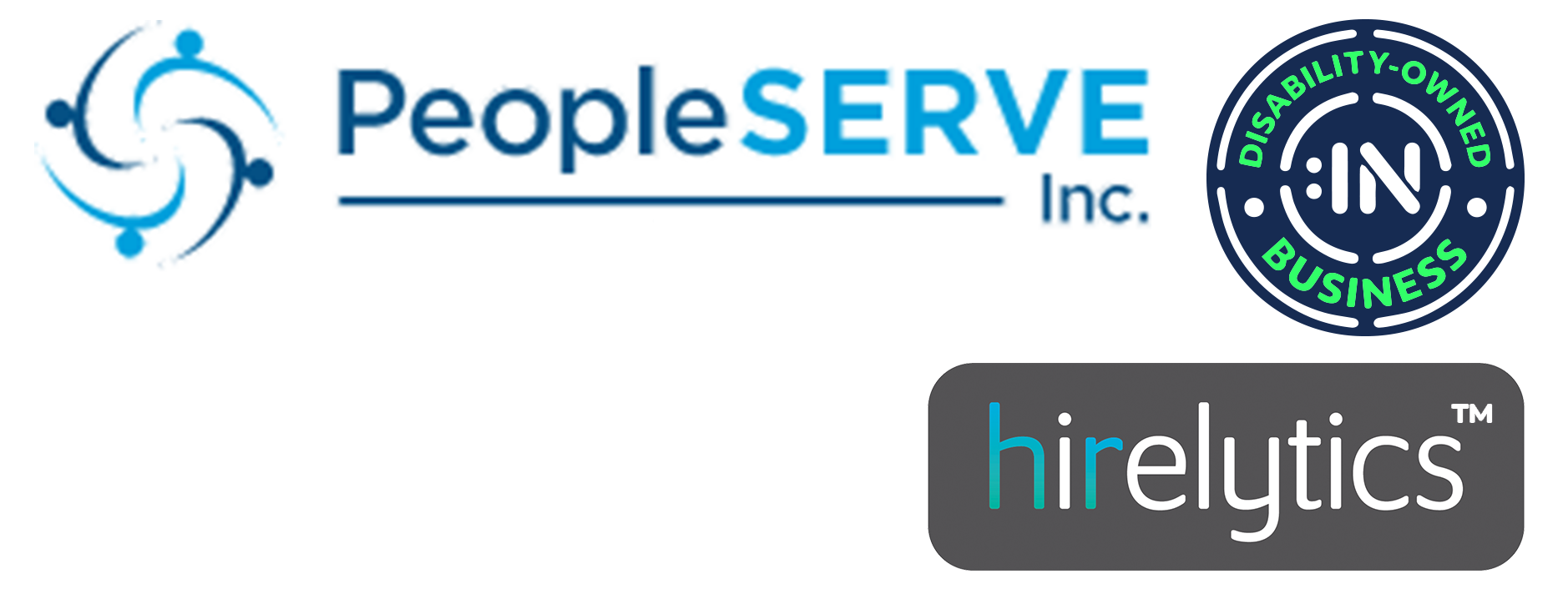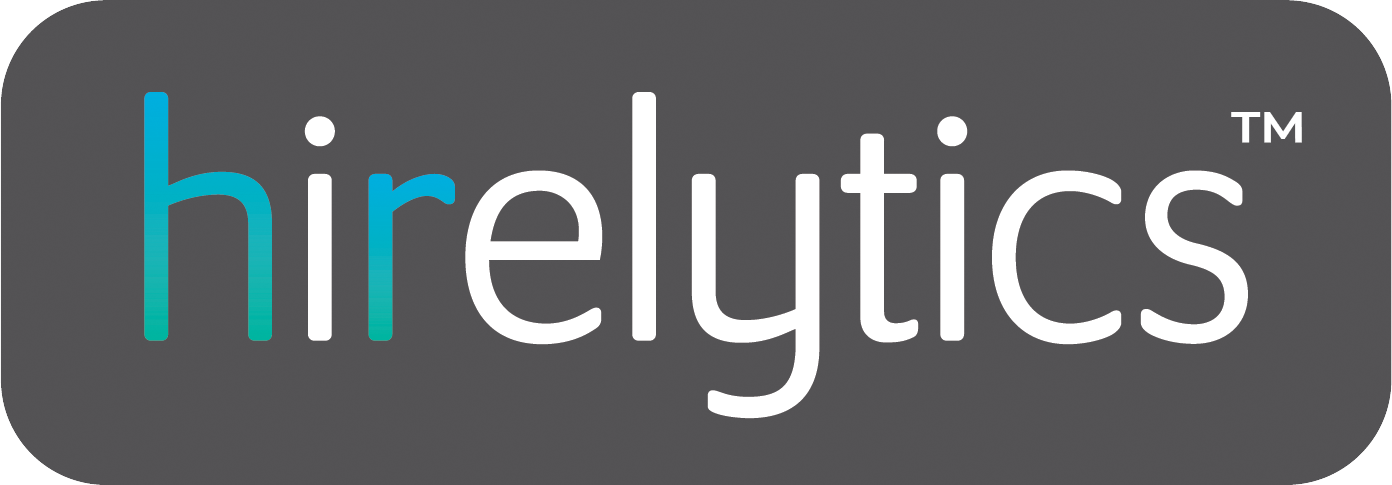If you’re an employer looking to hire top talent, that means you need to know what employees are looking for in their jobs and workplace. In just the last few decades, the modern workplace has changed significantly.
How has the workplace changed in recent decades?
Even as recently as the beginning of this millennium, employees usually stayed in one job for as long as possible.
Job mobility generally didn’t include lateral moves to a similar position in another organization—it simply meant moving up in the same company when the opportunity presented itself.
And when it came to promotions, they truly were significant steps up, since organizations were much more hierarchical than they are now.
Decisions came from the top down, and employees were expected to carry out directives without sharing their input.
At the same time, technology was far less advanced. For most tasks, employees had to be at their place of work, whether that was to collaborate with their colleagues or to use job-specific tools.
In the modern workplace, much of this has changed. Job mobility has grown in importance—employees want to gain experience in different departments or even different companies before they commit to one area of expertise.
The experience they gain by doing this can help them choose the direction they want to move in for the long term.
Nowadays, organizations are far less hierarchical and focus more on creating a collaborative workplace where everyone’s contributions are valued.
This is in part due to advancements in technology that drive transparency.
- Thanks to social media, employees can be more vocal about their workplace.
- That has led companies to place more importance on providing a good employee experience.
- Technological advancements are also driving changes in how we work. With tools like Zoom meetings, online collaboration platforms, and file sharing, remote work is a reality.
- Employees no longer have to be in the same office—or even in the same country. They can literally work from anywhere, while utilizing their companies’ data and applications without any lags or delays.
What do employees expect or demand from employers?
According to The Balance Careers, one of the most important things employees expect from their employers in the modern workplace, is respect. For example, they want to be trusted to do their jobs without being micromanaged.
In addition, they want feedback.
- This includes both praise for a job well done
- Constructive criticism when there’s something they could improve upon.
What is most important to prospective employees when it comes to choosing a company to work for in the modern workplace?
If you’re looking to attract high-quality talent, it’s important to know what they’re looking for in a company. ![]() Gallup reports that the best candidates want their companies’ values and beliefs to align with their own.
Gallup reports that the best candidates want their companies’ values and beliefs to align with their own. ![]()
For example, a candidate who feels strongly about the environment may look for a company that adheres to eco-friendly processes and practices. For this reason, it’s important to communicate what your company is about as a part of your employer branding.
- The best employees are also attracted to companies where their skills will be challenged and where they can grow.
- Their ideal employers offer professional development opportunities where they can hone their skills or acquire new ones.
- Having the opportunity to make a difference to others is also important to today’s employees. They want to experience a sense of fulfillment that they’re contributing to the greater good by doing something that will make other people’s lives better.
Which benefits matter most to modern employees?
Benefits are an important consideration for employees. In fact, a study by the U.S. Chamber of Commerce Foundation found that 56 percent of Millennials agree a quality benefit package plays a role in their decision to choose one employer over another.
Moreover, 63 percent agree that benefits are an important motivator to stay with a company.
![]() So, what are the most important benefits in the modern workplace?
So, what are the most important benefits in the modern workplace?![]()
- According to a Monster survey, 32 percent of employees consider a good healthcare plan to be a priority, and 25 percent believe vacation time is important.
- The option to have a flexible work arrangement is also growing in importance, with an increasing number of working parents wanting more flexibility in their jobs both in terms of where they work and when they work.
- Of course, due to the COVID 19 pandemic, telecommuting has become widespread. As a result, many employees would like to continue to work from home at least some of the time after the pandemic is over.
- In addition, employees want a good work-life balance. This is something employers can actively help their employees achieve, not only by enabling flexible work arrangements, but also by establishing paid time off—or PTO— policies, as well as organizing family activities or events that are sponsored by the company.
What does the future hold for the modern workplace as we increasingly move towards remote and flexible work environments?
Telecommuting and flexible work arrangements are certainly convenient for many employees, and some people even thrive when they’re working from home.
However, others suffer from loneliness and isolation—and yet others aren’t able to sustain the focus they need to perform well due to less than ideal WFH circumstances.
Additionally, even with Zoom meetings and online collaboration tools, remote work tends to fall short when it comes to relationship building and fostering innovation, according to Forbes.
Nevertheless, moving forward, between 25 and 30 percent of the workforce will likely be working from home multiple days a week by the end of 2021, experts predict.
Yet the office will still play an important role as a hub where employees and managers can get together for some of the most
important tasks.
- For example, when a team kicks off a new project, they spend a few days at the office to outline a plan, brainstorm, and divide the tasks before completing the rest of the work from home.
Get the expert help you need to attract top talent!
![]()
As we’ve seen, the modern workplace is evolving quickly.
So, if you want the best people, you need to offer them an
- employer brand they identify with,
- a workplace where they feel respected and can flourish,
- benefits that meet their needs, and
- the flexibility to achieve a good work-balance.

